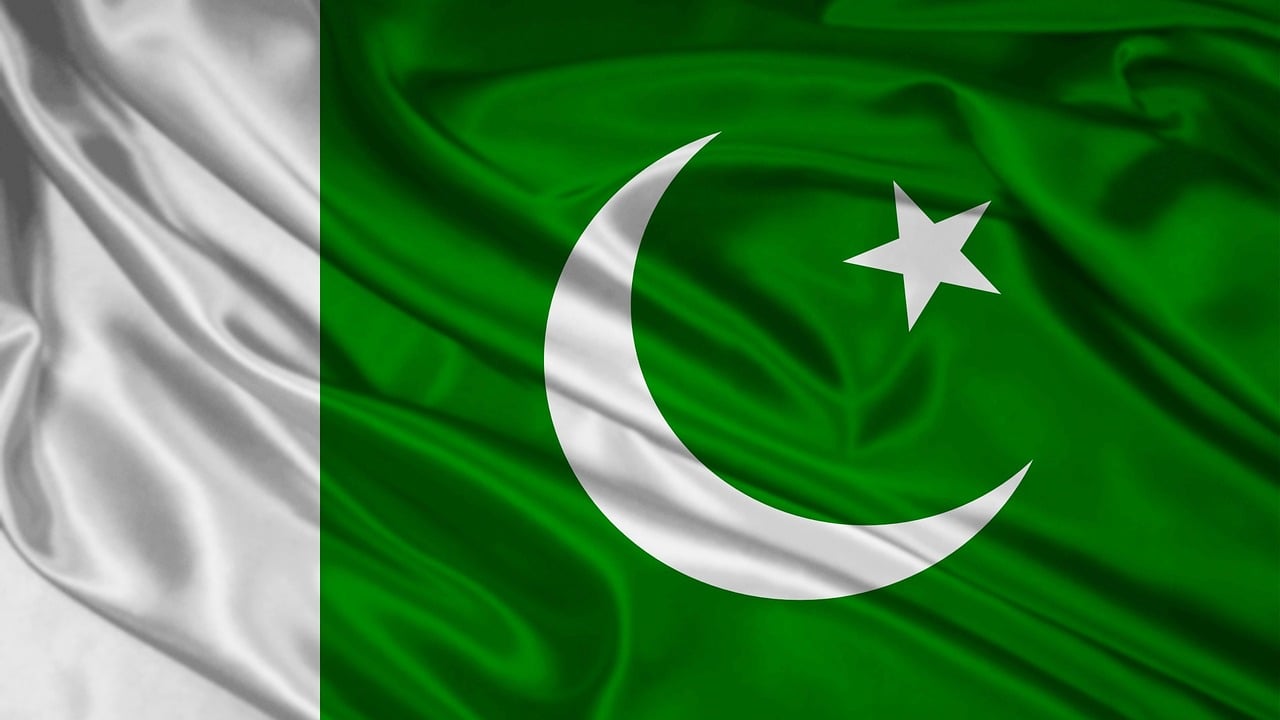Pakistan recently invited Saudi Arabia to become the third CPEC partner, and Saudi Arabia accepted the invitation. Now Pakistan has expressed its intentions to share the benefits of CPEC with the UAE as well.
UAE delegation to visit Pakistan
Pakistani Ambassador to the UAE Moazzam Ahmad Khan told Gulf News the country would be happy to share the CPEC benefits with the UAE.
“We would love and welcome the UAE to benefit from this initiative,” he said.
Khan said their bilateral trade with the UAE had reached $8.6 billion for fiscal 2017-18. For the previous fiscal year, the figure was $6.2 billion. Exports from the UAE, primarily oil and petrochemicals, stood at $7.2 billion, while exports from Pakistan were at $1.5 billion for 2017-18.
Further, the ambassador said the UAE is heavily investing in the country, mainly in telecom, refineries and ports. Khan noted that Pakistan’s economy is doing well with GDP growth at 5.2%, but they are still facing some challenges in the power generation sector.
“The two sides have decided to take the relationship to the next level and expand it further in all areas including investment, trade, defence and security cooperation,” he said.
On Sept. 19, Pakistan Prime Minister Imran Kan visited the UAE, where he discussed matters with the Crown Prince of Abu Dhabi Shaikh Mohammad Bin Zayed Al Nahyan. On Thursday, Information Minister Fawad Chaudhry talked about Khan’s UAE visit, saying that issues with the procurement of UAE visas and other matters were discussed during the visit and are expected to be resolved soon.
“The foreign office will soon send a proposal to UAE and it is expected that these issues will be resolved for the thousands of Pakistanis that are dwelling in the Emirates,” Chaudhry said, addressing a press conference in Islamabad.
Further, Chaudhry informed reporters that the UAE will support many projects in Pakistan, including the freshwater project in Karachi. A delegation from the UAE will visit Pakistan next month.
Saudi Arabia as a CPEC partner would be good for Balochistan
Moazzam Ahmad Khan also confirmed to Gulf News that Saudi Arabia is now a CPEC partner. Pakistan has primarily asked Saudi Arabia to set up an “oil city” in Balochistan. Such an establishment would be very crucial for the oil-deficient region, whose energy needs are growing by leaps and bounds. A delegation will visit Pakistan in the first week of October to discuss investment potential in the country. The high-level delegation will include the Saudi ministers of treasury and power.
An “oil city” would also help economic development in Balochistan, which has long been neglected by the Pakistani government. Balochistan is an entirely rural population currently, and thus, it needs cities. So far, the Pakistani government has been unable to efficiently invest in urban development there, leading to unrest in the region.
Saudi Arabia as a CPEC partner would be good for China as well
For Saudi Arabia, CPEC is not a new thing. Saudi Arabia has been part of the Belt and Road Initiative (BRI) and is already an economic partner of China, which depends heavily on Saudi Arabia for crude oil. In fact, both countries recently signed big investment deals in areas such as refineries and the petrochemical sector.
The addition of Saudi Arabia as a CPEC partner will also act as a booster for China’s main objectives behind CPEC. China primarily wants to route oil and gas from the Middle East and the Persian Gulf to its western regions, like Xinjiang. An “oil city” in Balochistan would greatly facilitate the supply of oil from Pakistan to China, notes the Tribune.
Transporting oil via such a route would not only reduce transportation costs but also address the risk of Chinese oil tankers passing through the Strait of Malacca. Moreover, Pakistan has already taken China into confidence when adding Saudi Arabia as a CPEC partner.
In the past, Pakistan has suggested that other countries could join CPEC. However, the response has been discouraging, mainly due to concerns that China would dominate any partnership.
In fact, Imran Khan’s term started with a controversy over CPEC projects when his commerce minister was quoted as saying the government would suspend the projects for a year and reevaluate the terms of the agreement. Later, the minister retracted those comments, but Pakistan had to reassure China about its commitment to CPEC.




